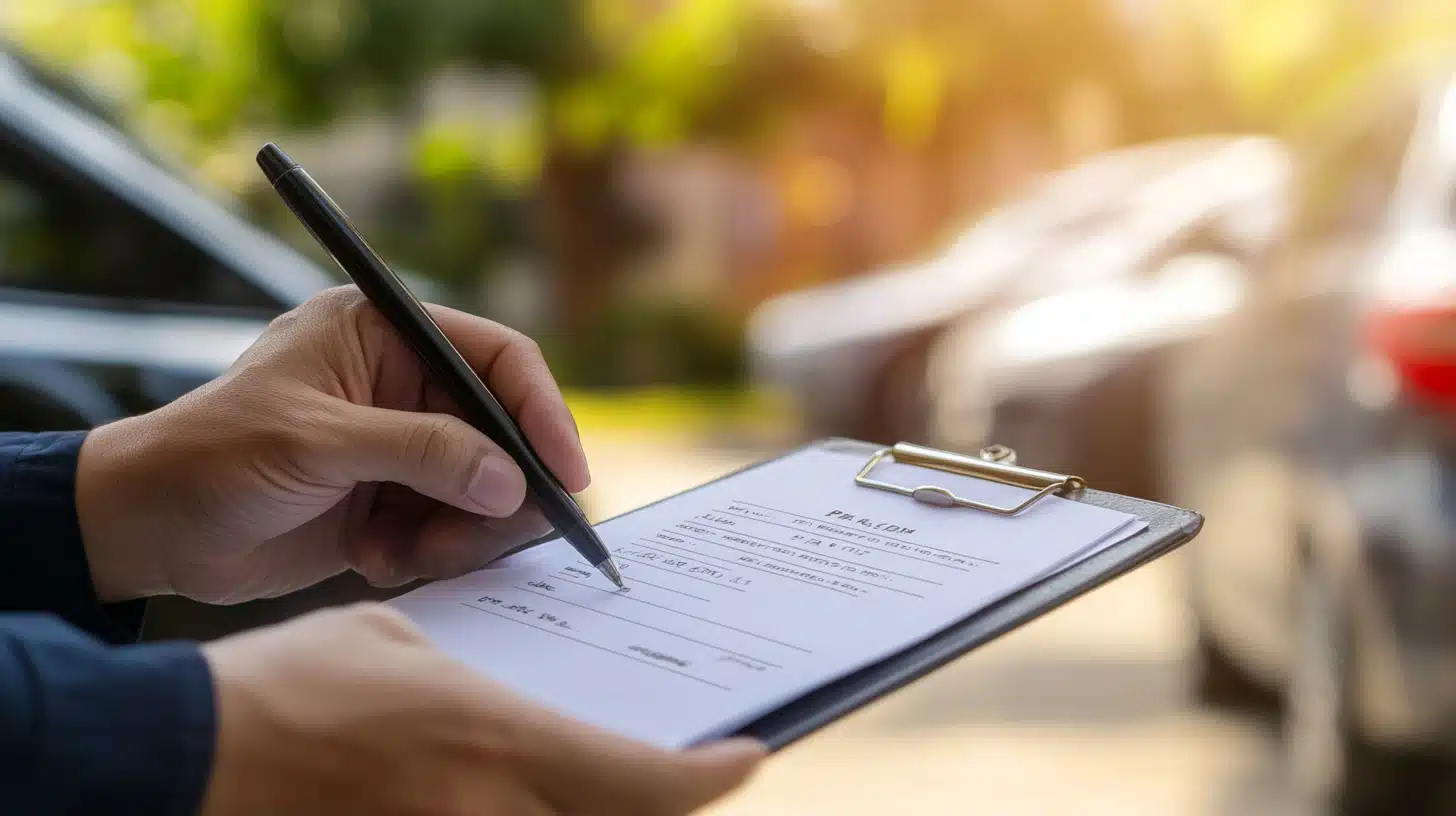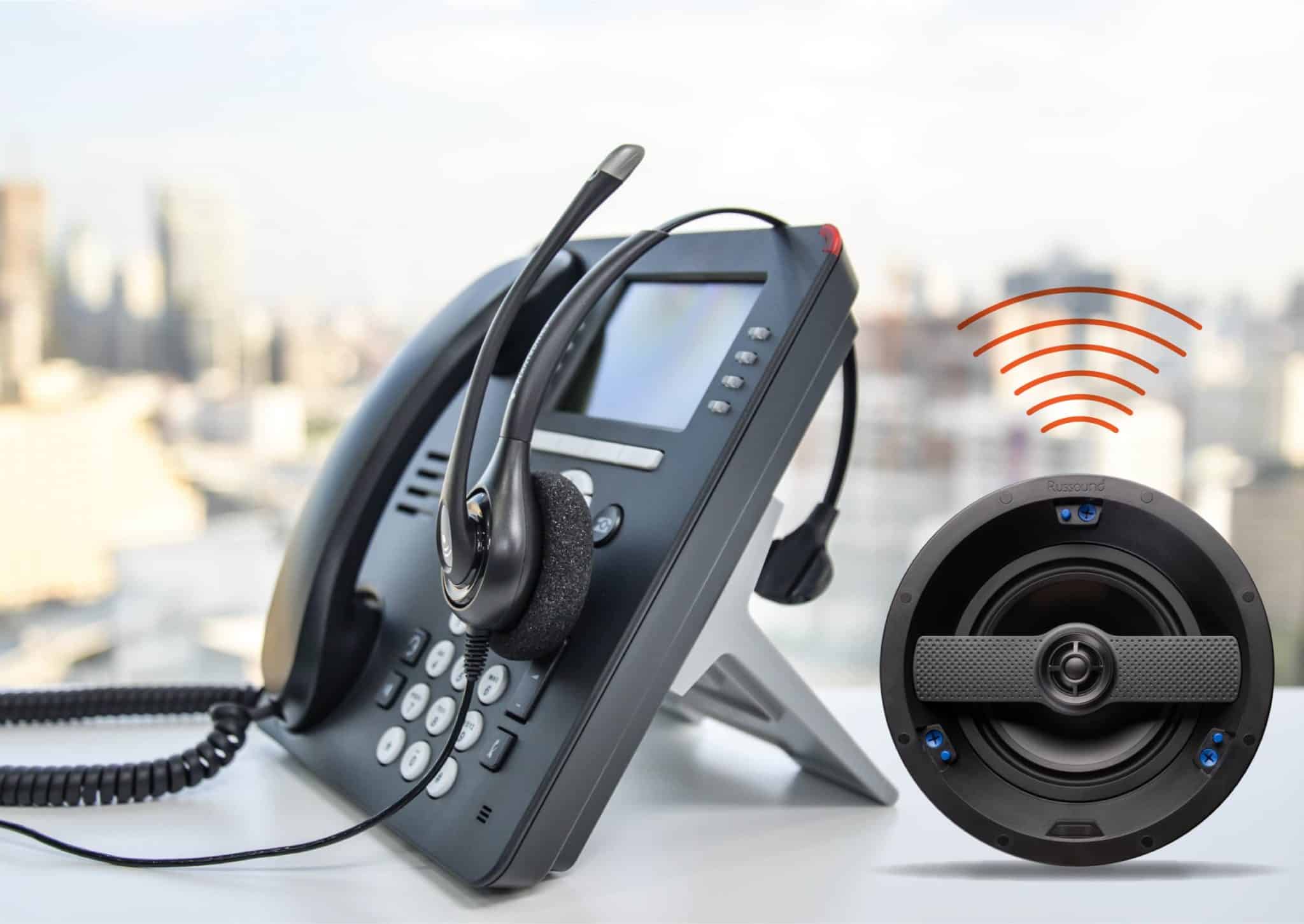
Police checks are common for many jobs, especially those that involve working with children, the elderly, or sensitive information. Employers use these checks to see if an individual is suitable for the job. The process might seem stressful, but understanding what to expect can make it easier. In this article, you will learn the eight simple yet effective tips to help you complete a police check for work.
1. Understand the Purpose of the Police Check
Before a police check, you should know why your job needs it. Different jobs have different rules. Aside from that, employers want to make sure you are trustworthy. Jobs in healthcare, education, and finance need strict checks because these jobs involve trust. Understanding why the check is needed helps you answer questions and give the right documents on time.
2. Know the Type of Police Check Required
Some jobs require a basic criminal record check, while others may need a more in-depth review, like fingerprint-based background check. Research the specific type of check required to ensure the correct application. Employers usually provide details about the type of police clearance needed, but if unsure, contact the appropriate authorities or the employer’s human resources department for clarification.
3. Apply for the Police Check Early

Processing times vary depending on the type of check and the jurisdiction handling it. Some checks may take a few days, while others may take weeks. Delays can occur due to administrative backlogs, verification processes, or the need for additional information. By applying early, unnecessary delays in the hiring process can be avoided, demonstrating proactiveness and responsibility to an employer.
4. Ensure Your Information is Accurate
When submitting your application, double-check all the details you provide. Errors in your name or identification documents can lead to delays or even rejection of the application. If the application includes fingerprints, ensure fingerprints are taken properly at an accredited facility. Mistakes in documentation can slow down the process, so take the time to review everything before submission.
5. Show Honesty About Your Record
If you have a criminal record, it’s best to be honest about it. Employers value honesty, and hiding your past could hurt chances. However, there are some employers that may still consider you, depending on the offense and the job. In some cases, it might be possible to clear the record, so check before applying. Always remember that telling the truth shows good character and may help get the job.
6. Learn Your Rights and Privacy
Keep in mind that police checks contain personal details, so it’s important to know your rights. Employers usually cannot keep a copy forever and should only use it for hiring. In some places, employers can only ask for certain police records and must follow privacy laws. But if you’re worried about how your information is used, you need to ask the employer about privacy rules.
7. Prepare for Potential Follow-Up Questions

After you submit your police check, your employer might ask more questions. If the report shows past offenses, the employer may want to know more details. In addition to that, you should stay calm and give clear, simple answers. Focus on how you have improved or grown since then. If you have documents like a pardon, bring those to support your case, just like the Police Check Australia recommends.
8. Keep a Copy of Your Police Check
Most employers may allow submission of a copy rather than the original, while others require verification from the issuing authority. Take note that keeping a copy helps if similar documentation is needed for future employment opportunities. Additionally, some police checks have an expiry period, so knowing the last obtained date can help with planning ahead for renewals if needed.
Be Prepared, Move Forward with Confidence!
Handling police checks for work does not have to be stressful if prepared. Knowing why the check is needed, what type of clearance is required, and ensuring documents are correct will help build confidence. Be honest about any record, know rights, and be ready for follow-ups. Furthermore, these eight tips will help make the process simple and smooth.







